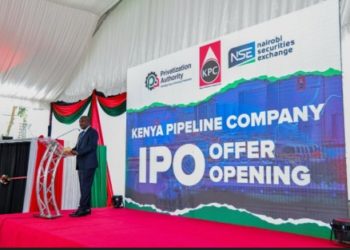Local industries, including cottage industries, play a crucial role in supporting real estate development by providing essential materials, skilled labor, and unique products that contribute to cost-effective and sustainable projects.
By leveraging these industries, real estate developers not only enhance the efficiency of construction but also promote economic growth and community development. Local manufacturing industries, such as cement, steel, and brick producers, can directly supply building materials to construction sites, reducing transportation costs and ensuring timely delivery.
This localized supply chain minimizes expenses and helps developers meet project deadlines. Additionally, sourcing materials from local suppliers supports the regional economy and generates employment. By using locally produced materials that are suited to the climate and environment, developers can also improve the durability and sustainability of their projects.
Cottage industries, often home-based small-scale businesses, play a significant role in adding a unique, local touch to real estate projects. These industries produce handcrafted items such as tiles, furniture, textiles, and pottery, which can be incorporated into construction and interior design.
By sourcing these artisanal products, developers create properties with distinctive aesthetics that reflect the local culture, making them more appealing to potential buyers or investors. Furthermore, supporting cottage industries reduces reliance on imported goods, cutting costs while preserving local craftsmanship and traditions. Local construction firms and skilled labor are also integral to the success of real estate development. Workers who understand the local building codes, environmental conditions, and community preferences can offer tailored solutions, ensuring high-quality construction.
This collaboration fosters community involvement, creating a sense of pride and ownership in the project. Incorporating local and cottage industries into real estate development not only reduces costs and improves sustainability but also supports the local economy and culture. This approach leads to more meaningful and successful projects that benefit both developers and the wider community.


















